Most people don’t realize, but potassium is one of the most essential minerals your body needs — and chances are, you’re not getting enough of it.
This vital nutrient plays a crucial role in everything from heart health to muscle function, yet many diets today fall short. Whether it’s due to processed foods or poor awareness, potassium deficiency can quietly affect your overall well-being.
Let’s explore why potassium is so important, what it does for your body, and the best foods to boost your intake naturally.
Why Potassium Is So Important
Potassium is a mineral and electrolyte that your body needs to function properly. It helps regulate fluid balance, nerve signals, and muscle contractions. A healthy potassium level supports heart and bone health, helps maintain normal blood pressure, and even reduces the risk of stroke. Unfortunately, most people consume far less than the daily recommended intake of 3500–4700 mg.
Top 7 Benefits of Potassium Consumption
1. Regulates Blood Pressure Naturally
Potassium is the natural counterbalance to sodium. It helps your body excrete excess sodium through urine and relaxes blood vessel walls, reducing hypertension. For people struggling with high blood pressure, increasing potassium intake can be as important as reducing salt. This balance plays a major role in cardiovascular health and helps lower the risk of heart disease.
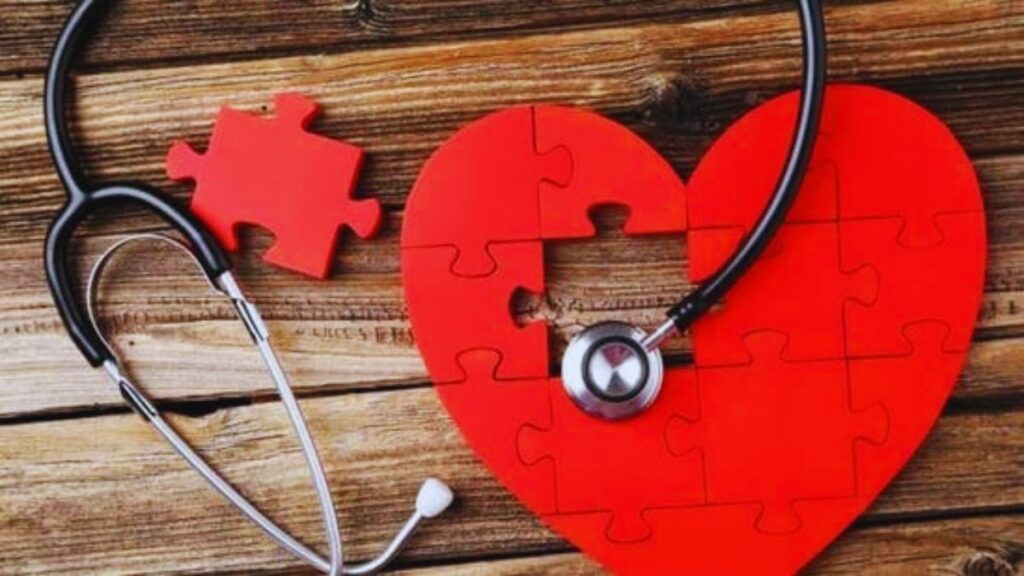
2. Maintains Electrolyte Balance
Like sodium and magnesium, potassium acts as an electrolyte — vital for maintaining your body’s fluid balance and ensuring that organs function smoothly. Around 60% of the human body is made up of fluids, and electrolytes help regulate the chemical reactions that keep you alive and energized. Low electrolyte levels can lead to muscle cramps, fatigue, and even dizziness.
3. Protects Against Osteoporosis
While calcium is often associated with bone health, potassium plays a crucial supporting role. It prevents the loss of calcium through urine, helping bones stay strong and dense. Research shows that a potassium-rich diet may lower the risk of developing osteoporosis, a condition where bones become weak and brittle, particularly in older adults.
4. Supports Heart Function
Your heart is a muscle that depends on electrical signals to beat properly. Potassium helps regulate these signals, keeping your heartbeat steady. Irregular potassium levels — whether too high or too low — can cause arrhythmias (abnormal heart rhythms) or palpitations. Getting enough potassium from your diet supports long-term heart health.
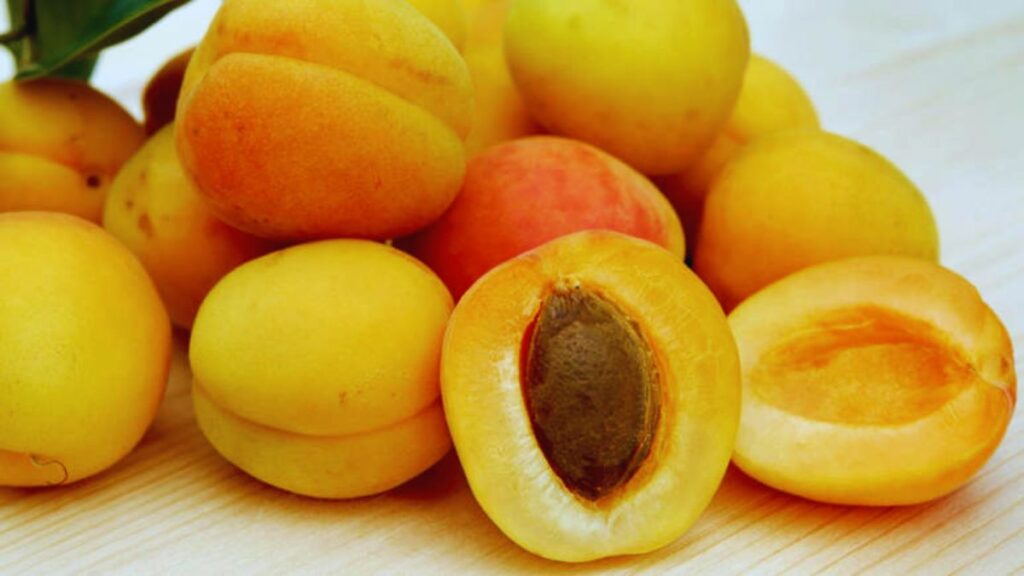
5. Reduces the Risk of Kidney Stones
Potassium helps your kidneys function efficiently and prevents the buildup of minerals that form kidney stones. Studies show that people who consume adequate potassium are less likely to develop kidney stones, as this mineral helps neutralize acids and reduce calcium loss in urine.
6. Balances Fluids and Prevents Dehydration
When you sweat or get sick, your body loses electrolytes. Potassium helps your body retain fluids and prevents dehydration — especially important after exercise or illness. It supports muscle recovery and ensures your body maintains proper hydration levels.
Read More: Roti vs Rice at Night: Best Choice for Digestion & Sleep
7. Lowers the Risk of Stroke
Several studies have linked high potassium intake to a lower risk of stroke. In fact, people who consume potassium-rich diets may have up to a 25% lower risk of stroke than those who don’t. Since potassium improves blood vessel function and reduces blood pressure, it’s no surprise that it protects your brain and cardiovascular system.
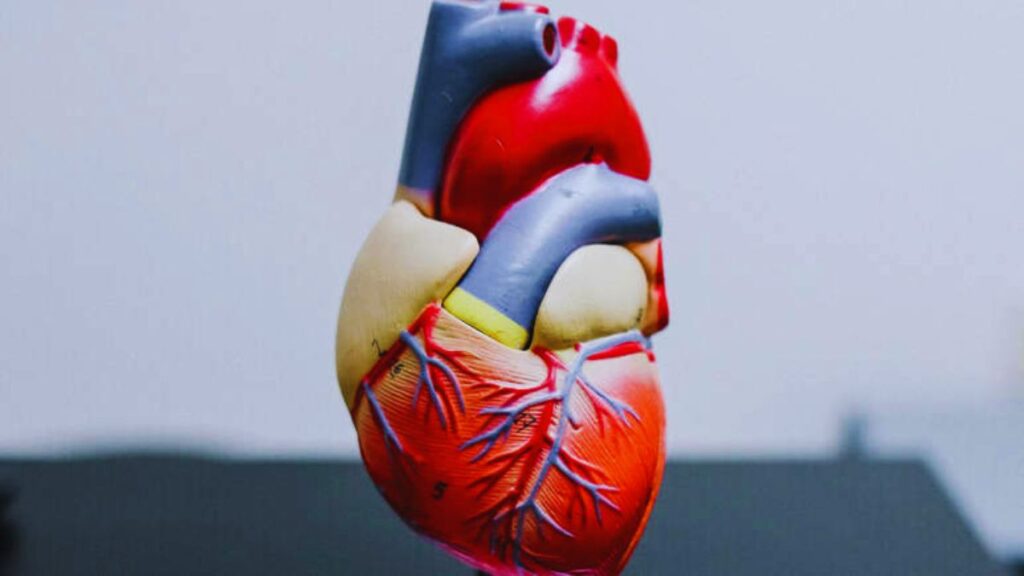
Top Foods Rich in Potassium
Read More: 7 Reasons to Consume Curry Leaf Every Morning
Getting enough potassium doesn’t have to be difficult. Here are some of the best foods to naturally increase your intake:
1. Bananas
The most well-known potassium source, a medium banana provides around 425 mg of potassium. They’re easy to add to smoothies, cereals, or snacks, making them a convenient choice.

2. Apricots
Half a cup of dried apricots offers about 755 mg of potassium — nearly 16% of your daily needs. They make a sweet, healthy snack or salad topper.
3. Lentils
Lentils are nutritional powerhouses, offering around 15% of your daily potassium in a single serving. They’re also rich in protein and fiber, making them ideal for heart health.
4. Spinach
Two cups of raw spinach contain roughly 334 mg of potassium. Besides being potassium-rich, spinach is loaded with iron, magnesium, and vitamin A — perfect for a balanced diet.
5. Grilled Chicken
A 3-ounce serving of grilled chicken provides 332 mg of potassium, along with high-quality protein. Combine it with vegetables for a nutrient-packed meal.
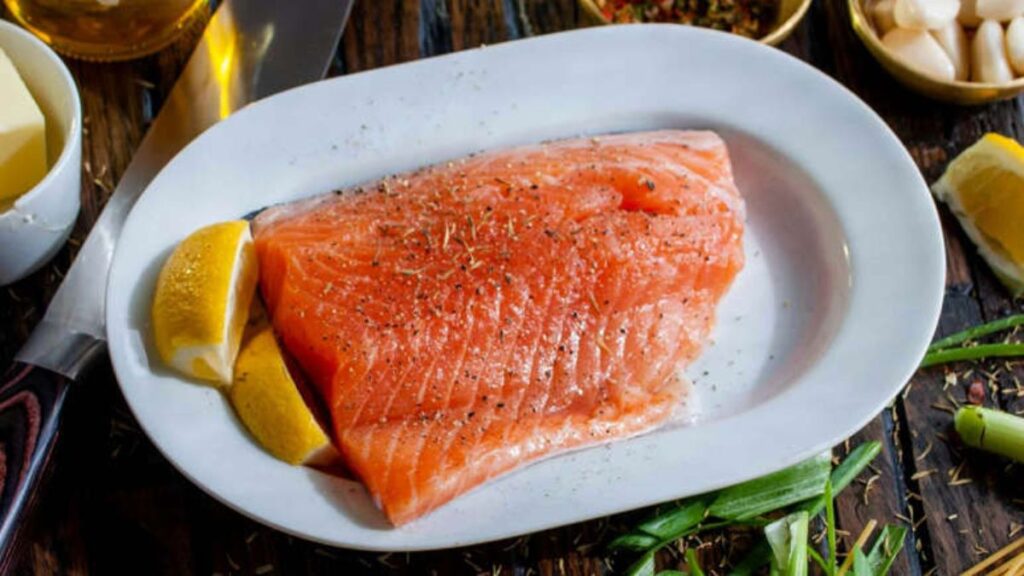
6. Salmon
A single serving of salmon covers about 16.5% of your daily potassium needs. It’s also rich in omega-3 fatty acids, which improve heart and brain health.
7. Soy Milk
One cup of soy milk delivers 287 mg of potassium — roughly the same as a serving of chicken. It’s a great option for vegans or those avoiding dairy.
8. Broccoli
Half a cup of cooked broccoli provides 229 mg of potassium. This vegetable is not only rich in fiber but also packed with antioxidants and vitamins C and K.
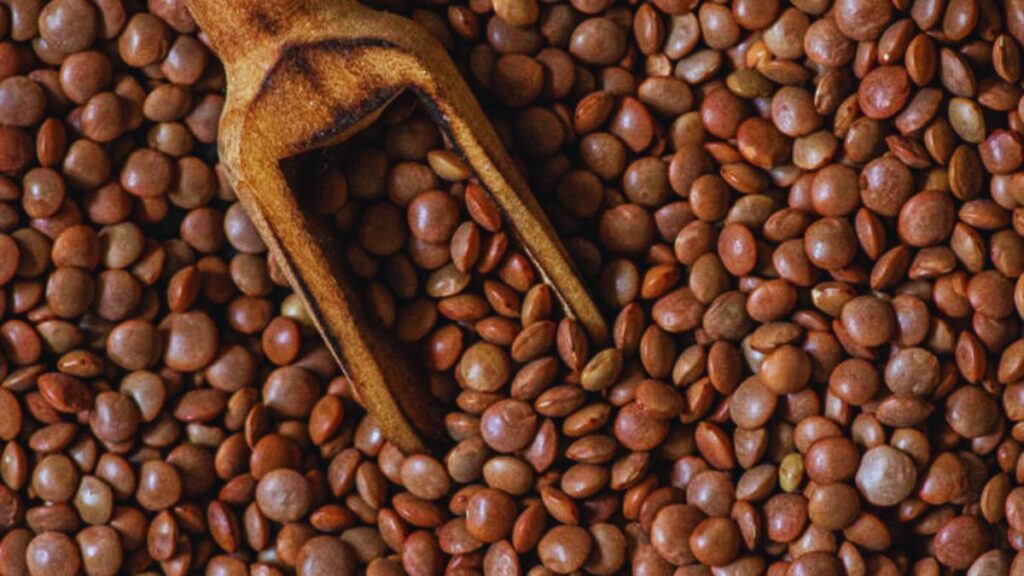
By adding potassium-rich foods like bananas, spinach, lentils, and salmon to your diet, you can boost your energy levels, support your heart, and reduce the risk of serious conditions like hypertension and stroke. Small dietary changes can make a big difference — so the next time you plan your meal, remember to give potassium the attention it deserves.
FAQs on Potassium Consumption
1) What foods are the best natural sources of potassium?
Foods rich in potassium include bananas, spinach, lentils, apricots, salmon, grilled chicken, soy milk, and broccoli. These can help meet your daily potassium needs.
2) What are the main health benefits of potassium?
Potassium helps regulate blood pressure, maintain electrolyte balance, support heart and nerve function, and strengthen bones.
3) How can I tell if I’m not getting enough potassium?
Common signs of low potassium (hypokalemia) include fatigue, muscle weakness, cramps, irregular heartbeat, and dizziness.



